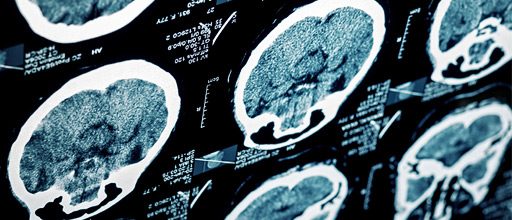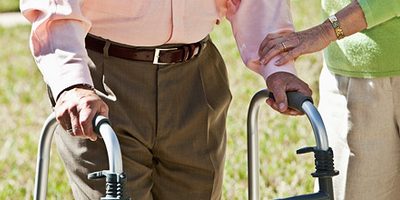
India leads the way with new stroke study
This Tuesday is World Stroke Day, a reminder that one in six of us will have a stroke in our lifetime. Here the figures are equally alarming with 1.5 million people having a stroke each year, representing about 3,000 to 4,000 people having a stroke each day in India.
A stroke could be as minor as a sudden weak arm or difficulty speaking but many more are really disabling, causing loss of independence due to major paralysis down the side of the body. Many strokes are fatal within weeks. For the survivors, stroke recovery can be a difficult process and many people in India cannot access or afford any help with rehabilitation.
In an international effort to find an affordable solution, researchers from The George Institute India have linked with a large team of Indian experts from across the states, led by World Stroke Organisation Board member and Chair of World Stroke Campaign, Professor Jeyaraj Pandian of Ludhiana Christian Medical College, to come up with a potential Indian solution to the problem. The team have created a new family-led rehabilitation service, started in the hospital, and continued at home, to improve the independence of those with disabling stroke. The team has recruited leading international experts from the UK and Australia to ensure that the new treatment is based on the best evidence.
I was able to lead the efforts at fund raising for this exciting new project obtaining Australian government support from the National Health and Medical Research Council. This research grant, under the global health strategic priority, will fund all the work in India required to test this new rehabilitation service.
Unfortunately in medicine, many good ideas have been shown to be ineffective, or occasionally harmful, and before “family-led rehabilitation” is rolled out across India, we will need robust evidence to show it works. This is the focus of the ATTEND trial, which, in the next four years, we will recruit over a 1,000 people from 12 stroke centres across India.
If successful, we will not only have an Indian focused affordable new service for those with stroke, but will have a model of care that could be important for millions more people around Asia and beyond. The World Health Organisation/World Bank Disability report from a few years ago made community rehabilitation a research priority and the ATTEND trial is a world leading project in response to this call.
Most of the regulatory requirements for ATTEND are now in place and recruitment should start before the end of the year. Professor Pandian and his Indian team from the Indian Stroke Association recently won the bid for the World Stroke Congress to be held in Hyderabad in October 2016 and this now provides our team with a huge incentive to complete the project to be able to report the results at this important meeting.
George Institute India is providing overall project management and data management and Indian Institute of Public Health (IIPH), Hyderabad is helping with monitoring. George Institute Australia and key universities in UK are key collaborators and drivers of this project along with the Indian collaborators.


